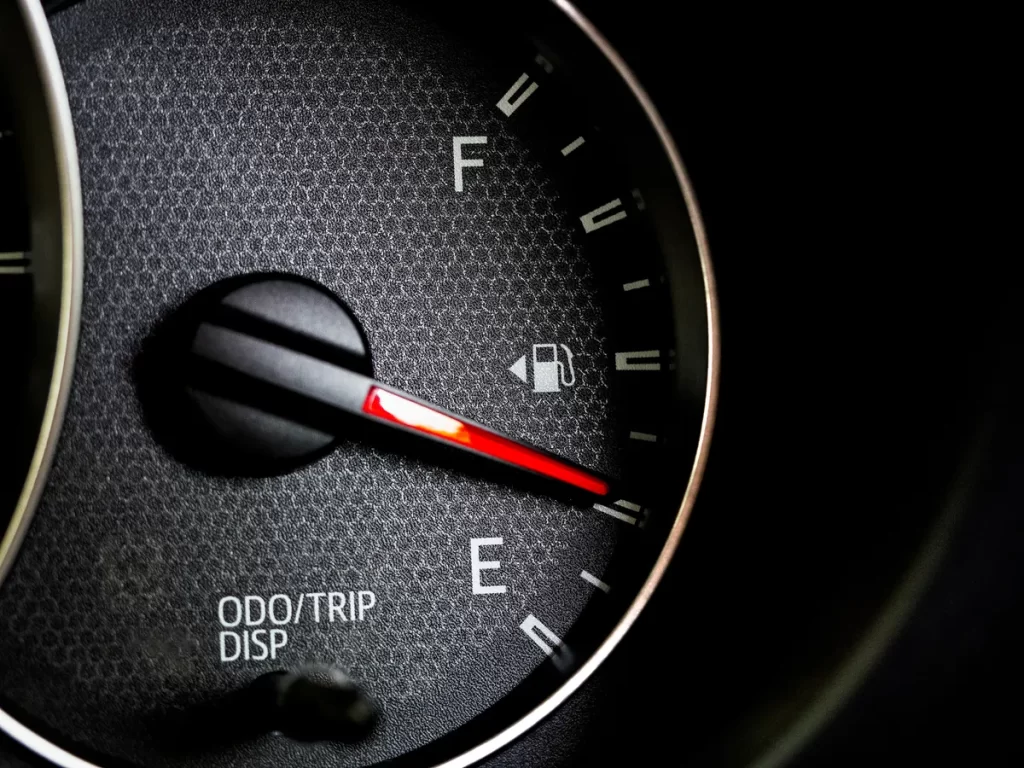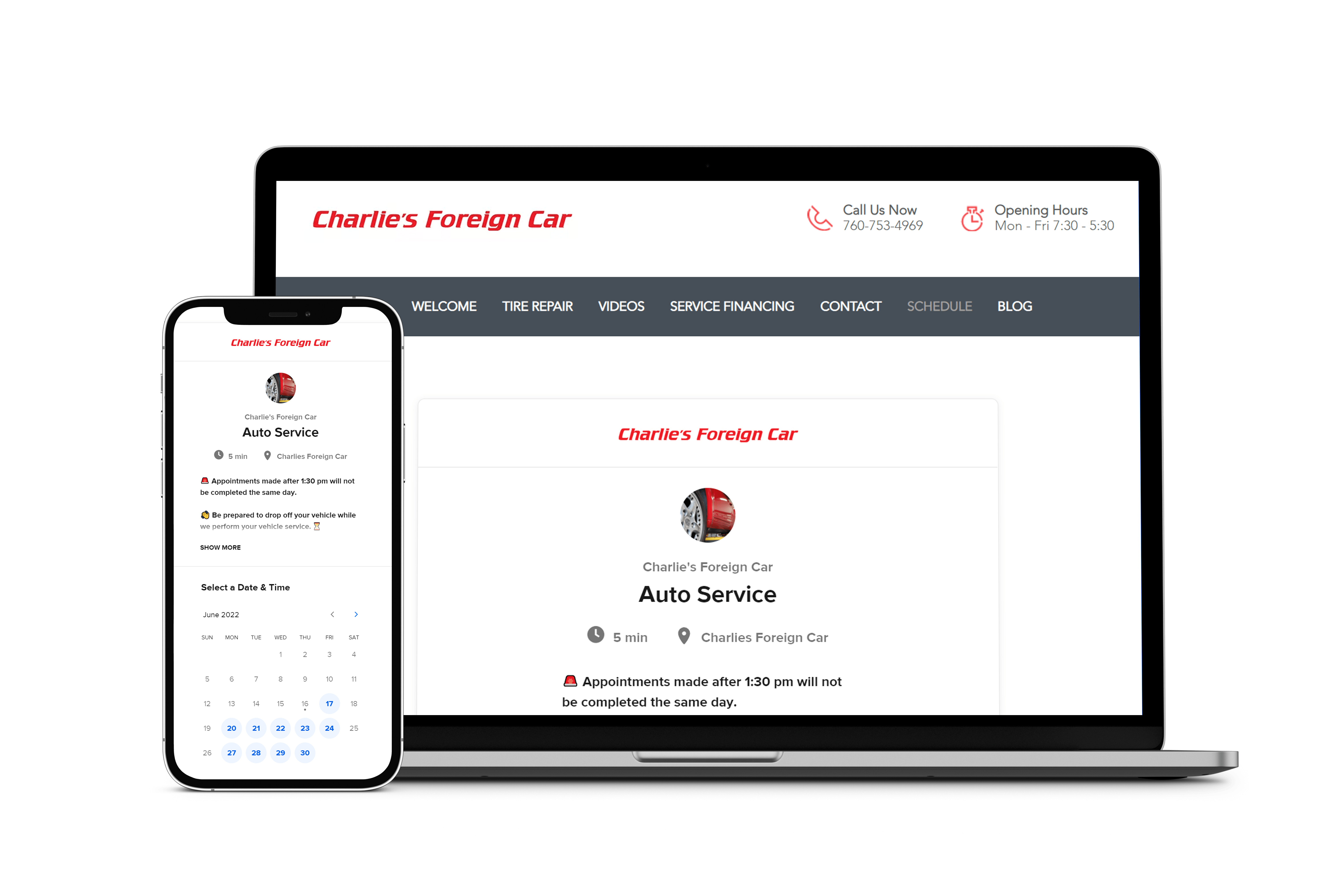More states are following California’s lead in ending the sale of new vehicles with internal combustion engines. Does this mean they are banning gas-powered cars in these states?
California is gearing up to prohibit the sale of new gas-powered cars. A measure approved by the California Air Resources Board in August 2022 requires all new cars, SUVs and pickup trucks sold in the state to generate zero tailpipe emissions by 2035. The policy won’t take existing vehicles off the road, but automakers and car dealers will be restricted to selling electric vehicles and certain plug-in hybrids.
Under Section 177 of the Clean Air Act, states must either adhere to federal emissions standards or adopt California’s more stringent guidelines.
In November 2022, Vermont lawmakers approved changes to clean-car requirements that would require new cars sold in the state to be zero-emission vehicles by 2030, WCAX reported. Secretary of State Sarah Copeland Hanzas, who must approve the policy, did not respond to a request for comment.
Colorado has adopted California’s zero-emission policies in the past, but Gov. Jared Polis has rejected the idea of a ban. Instead, state agencies will focus on making EVs more affordable and practical. Announced in March, the Colorado Electric Vehicle plan sets a goal of EVs accounting for at least 80% of new car sales by 2032, compared with slightly more than 10% in 2022.
In Virginia, the outlook is more muddled: Republican lawmakers are fighting to decouple the state from California’s emissions rules, but their last bill was defeated in February. Republican Gov. Glenn Youngkin has still vowed to overturn what he called a “ridiculous edict,” according to WTOP News.
And while Minnesota‘s 2021 Clean Car Rule links it to California’s standards, it doesn’t automatically trigger a ban on ICE vehicles. State Rep. Jamie Long, chair of the state Climate and Energy Finance and Policy Committee, said the likelihood of such a prohibition “is probably low,” MinnPost reported. Car dealers in the state sued to get the Clean Car Rule struck down in January but failed.
The regulations don’t force anyone to stop driving their current automobile or prevent them from buying a used car. They also don’t prevent you from buying an ICE vehicle in another state and registering it locally.

The average lifespan of a car is about 12 years or 200,000 miles, according to the Bureau of Transportation Statistics, so there will be ICE cars available in the affected states for some time.
Medium- and heavy-duty vehicles, like public buses and trucks weighing more than 14,000 pounds, “produce a disproportionately large portion of the state’s greenhouse gas emissions,” according to the California Energy Commission, and should be100% zero-emission by 2045 “where feasible.”
California is set to prohibit the sale of large diesel trucks in 2036.
President Joe Biden has set a goal of having half of all new vehicle sales in the US be electric by 2030. To achieve that, he earmarked $5 billion to create a nationwide infrastructure of charging stations and revised the EV tax credit to spur domestic production.
But the White House has not floated an outright prohibition on new ICE vehicles.
Biden’s Federal Sustainability Plan does require government agencies to transition to only buying zero-emission light-duty vehicles by 2027 and medium- and heavy-duty vehicles by 2035.
The White House announced in April that the federal government had already acquired 13,000 light- and medium-duty zero-emission vehicles in 2023, roughly four times the number it had bought in all of 2022.
With increased demand and government regulations, a number of leading auto companies have shared timelines for when they plan to phase out ICE vehicles.
General Motors has said it will sell only zero-emission cars by the time California’s ban takes effect in 2035. By 2040, GM said, it will be carbon-neutral both in its vehicles and manufacturing operations.
Other carmakers vowing to go all-electric include Jaguar (2025), Volvo (2030), Rolls-Royce (2030) and Honda (2040).
Ford has pledged to ditch gas-powered cars in 2030, but only in Europe.
Stellantis — parent company of Chrysler, Dodge, Fiat and Jeep — has said 100% of its sales in Europe and 50% of sales in the US will be battery electric vehicles by the end of the decade.
That’s when Mercedes-Benz says it will cease production of gas-powered vehicles “where market conditions allow.” The German automaker has promised to offer battery-electric versions of all its models by 2025.
Volkswagen plans to go all-electric in Europe by 2033.
Kia and Hyundai both have plans to ramp up their EV offerings, though neither has said anything about ending the production of ICE models.
Back in 2017, Toyota said it would phase out gas-powered vehicles by 2040. But while the Japanese automaker has led the way with hybrids, Toyota director Shigeki Terashi said in a 2021 investors’ call that it was “too early to concentrate on one option,” at least until 2050.
In January, incoming CEO Koji Sato said “the time is right” for an EV-first approach. But at the Davos summit that same month, Toyota Chief Scientist Gill Pratt argued that the scarcity of lithium for EV batteries made an all-in approach unfeasible.
“These shortages — not only of battery materials, but of charging infrastructure — will make it abundantly clear that one size does not fit all,” Pratt said, Automotive News reported. “and that the best answer is actually a mix of different vehicle types.”
Lexus, Toyota’s luxury brand, is slated to go fully electric by 2035.
Dan Avery
Sept. 7, 2023 5:02 p.m. PT

